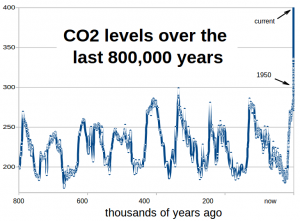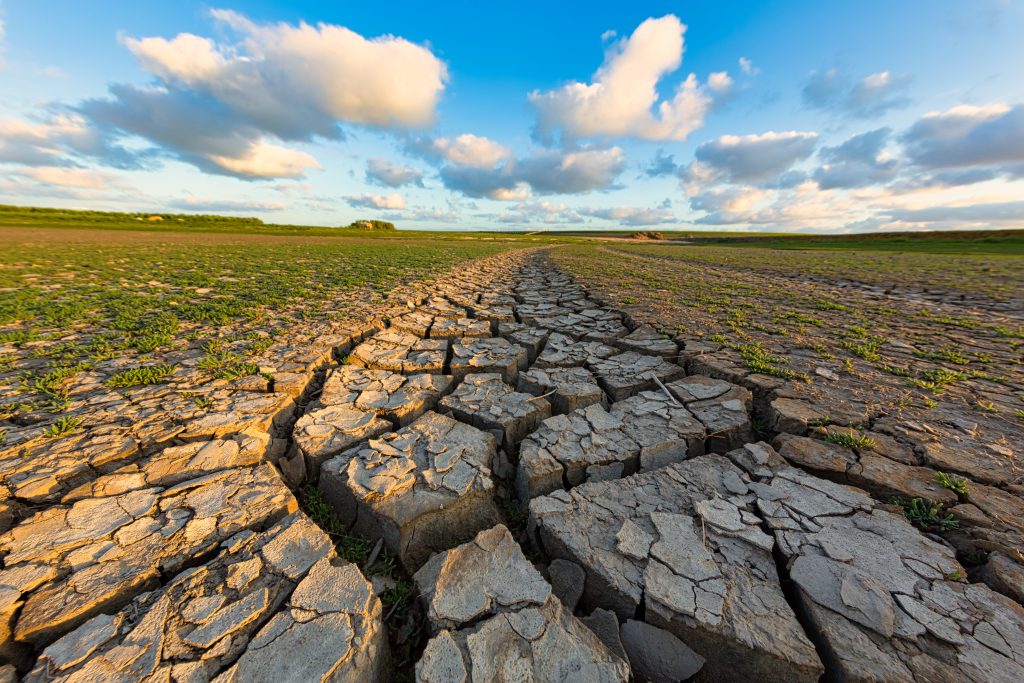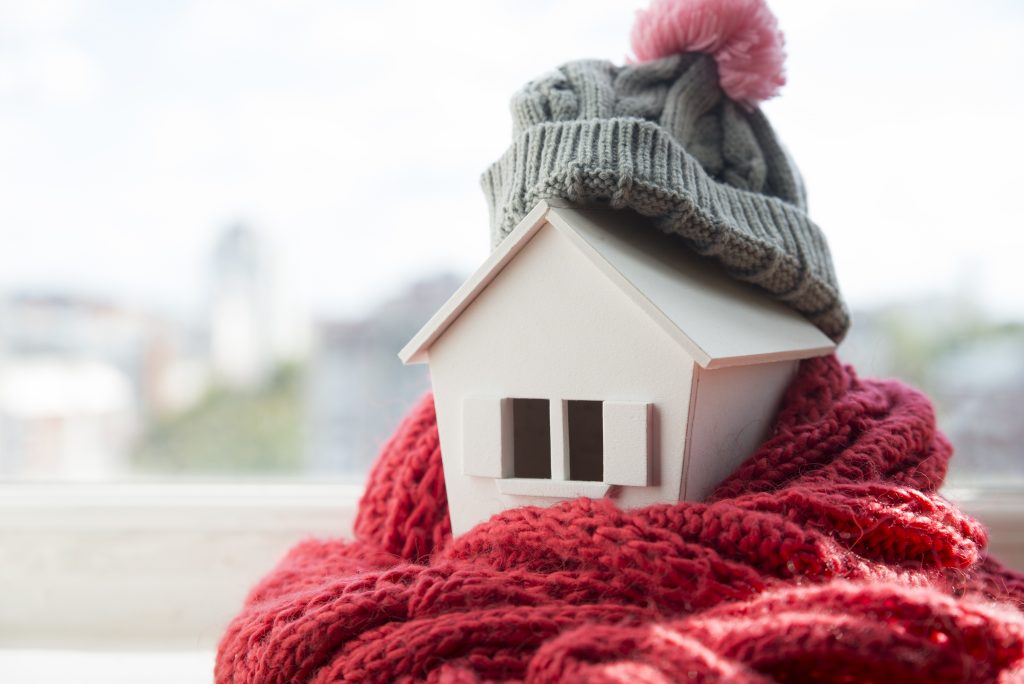Why Act?
Because we have to
The earth is in crisis. The amount of carbon dioxide in the atmosphere has reached a dangerous level and is still rising – this is almost entirely due to human activity. If we do nothing, the average temperature will continue to rise with terrible results. Already wildlife is becoming extinct at an alarming rate and the ecosystems on which we depend are breaking down. Plastic is polluting the oceans. Glaciers and ice caps are melting at increasing rates, so sea levels are rising. Action is needed since there is no Planet B.
Because we can
It’s not too late. If we all commit to a green future, we can turn things around. There are many things we can do, both as a community and as individuals. Some are big (like a community wind turbine or solar ‘farm’), some in-between (like improved public transport, rewilding and a repair cafe), and some are small (like recycling more, insulating our homes and growing insect friendly plants). See what you can do..
Some questions you may be asking
That’s been true in the past, but things are different this time. This graph of CO2 levels over the past 800,000 years show’s there’s been a regular cycle, but now CO2 is rising to levels never seen before. This fits with the steadily increasing use of coal then oil and gas that started with the industrial revolution. That’s why the vast majority of scientists think global heating is a man-made phenomenon.

Government (both central and local) should take the lead to initiate and implement green policies – for sustainable energy for example. However local communities, linked to the local level of government (Parish Councils for us in Chalford), have a key role to play. For example 40% of UK CO2 emissions come from households. Change will result from the sum of lots of small personal decisions, and travel and heating are a good place to start.
It’s important for us all to press for change. This can be as individuals, writing to our MP, signing petitions or through the political process. There are also many organisations already actively lobbing – these include Greenpeace, Friends of the Earth and Extinction Rebellion. ChalCAN has a different mission – to engage our local community in working towards a sustainable future in our everyday lives.
It can be done. Remember the hole in the ozone layer, that was a big worry in the 1980s? It was a man-made problem, but the science behind it was understood, and politicians took action on a global scale. You don’t hear about it now because the actions worked and the hole is gradually disappearing. Problems can be solved if everyone does their bit.
Find out more about Climate Change
A BBC Simple Guide to Climate Change
The recent 2021 IPCC Report, described by the UN Secretary General as ‘Code Red for humanity’
Ten Key Facts about the Climate Crisis – from the organisation set up by Al Gore (former US Vice-President)
The Climate Crisis – a race we can win: a UN article with links to other informationTen Myths about Climate Change by the World Wildlife Fund
The Environment and Climate Change from Nesta, an NGO specialising in positive innovation and change.
The 2018 IPCC Special Report on Global Warming is a key document but is lengthy and complex.


